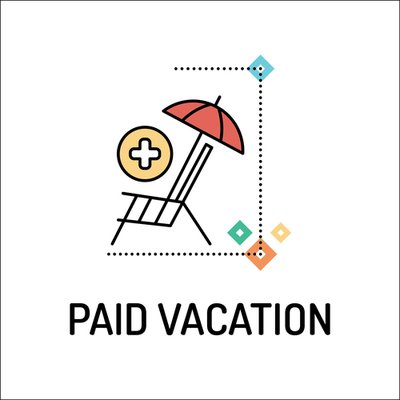This week you'll find excerpts here from my e-book, Upshift Now! The Executive's Guide to Winning a Higher Position.
The Cartography of Success: Career Management
According to one job search and career improvement survey, people spend more time planning their vacations than their careers.
The result? Vacations turn out better than careers.
Some long-established professionals still don’t know what careers they really want. You can’t reach your goals without understanding what they are, and they differ for everyone.
So the first step in an executive job search (or any job search) is self-search. Map out who you are, what you want, and what you can get. Without this grasp, you will probably always feel somewhat adrift.
You may not put full effort into the job search, and you may not feel successful even if the search succeeds. But if you honestly probe yourself and align your goals with your true instincts and interests, you’ll tap deep energy for the search and you may feel successful even if your job moves you only partway to your goal.
Write Yourself
Most people think about goals casually, turning them over in the mind. That’s not enough. Do this analysis of your professional goals in writing.
Why? The reason is simple: It leads to insight. First, writing clarifies your thoughts. The very act of externalizing them, bringing them into the light, forces you to focus them.
You’ll often find that the idea which seemed complete in your mind has a blurry spot when you try to express it in a sentence, and that spot can be crucial.
In fact, that’s why it was blurred. You didn’t know how to fill it. Writing compels you to support your thoughts so they seem reasonable. The idea that glowed in your mind may look bare on the page, and you may have to provide backing for it.
This exercise can save you from dreamy error. Writing lets you develop your thoughts, including those about career development.
The idea on the page is a memory saved, and it frees you to move on to the next one, and the next. You wind up thinking about implications, filling out uncharted territory, seeing and answering questions that may simply have lurked in the semidarkness before.
Writing enables elaboration. And writing lets you return again and again to the process. You rarely divine all your good ideas at one sitting.
For instance, scientists have recently found that sleep improves our comprehension of context and problems, validating the wisdom of “sleeping on” an important decision.
Moreover, you’ll want to discuss aspects of your career with your spouse and perhaps with good friends, and these ideas can enrich the document as well.
Maybe you’re still reluctant. If so, ask yourself: What is the cost? A little time and the toil of thought. That’s all. Now compare it to the potential upside: A more rewarding, purposeful life, bestowed by greater understanding of yourself and your options, all leading to a more fulfilling career.
It’s the kind of bet they don’t offer in casinos, because they’d go broke fast. So answer the following questions and be utterly, even painfully, honest with yourself.
Respond fully, with answers you’d never consider showing others. And keep working on it.
 What Do You Want to Do?
What Do You Want to Do?
The ideal job for one person is agony for the next. If you don’t enjoy your work, you’re wasting your life.
Though many people may not savor their jobs, you don’t have to join them. In fact:
1. They may not be trying hard enough. They may have wound up in a position they merely tolerate because they never made a real effort to do better.
The check pays the bills, job momentum consumes their time and energy, and even though they know they can do better, they never do. The years go by and life slips past.
2. They may be unable to do exactly what they like. Not everyone can be a professional marine biologist, for instance. But that doesn’t mean you have to flip burgers.
You can always find work that comes closer to your ideal. And you can explore professions. The variety of positions seems infinite and you can learn about them, or go entrepreneurial and create your own.
3. They may not quite know what they like. People can end up channeled into careers without ever quite consulting what they really want to do.
Often they’ll take a job just because they like the pay or prestige. Pay and prestige are important, but they aren’t everything.
To get a better bead on what you really like, ask yourself:
- What are my passions?
- What work would I do if I didn’t need to earn a living?
- What issues do I care deeply about?
- What skills do I love using?
- Who am I?
- Do I like to follow or lead?
- Do I work better with others or independently?
- Is supervision a help or a harness?
- Do I fear risk or love a challenge? Would I be more comfortable as a team member or an entrepreneur?
Let me help you with all facets of your career improvement. Try the Shimmering Careers approach and the results will improve your life. Take a look at our services below.
